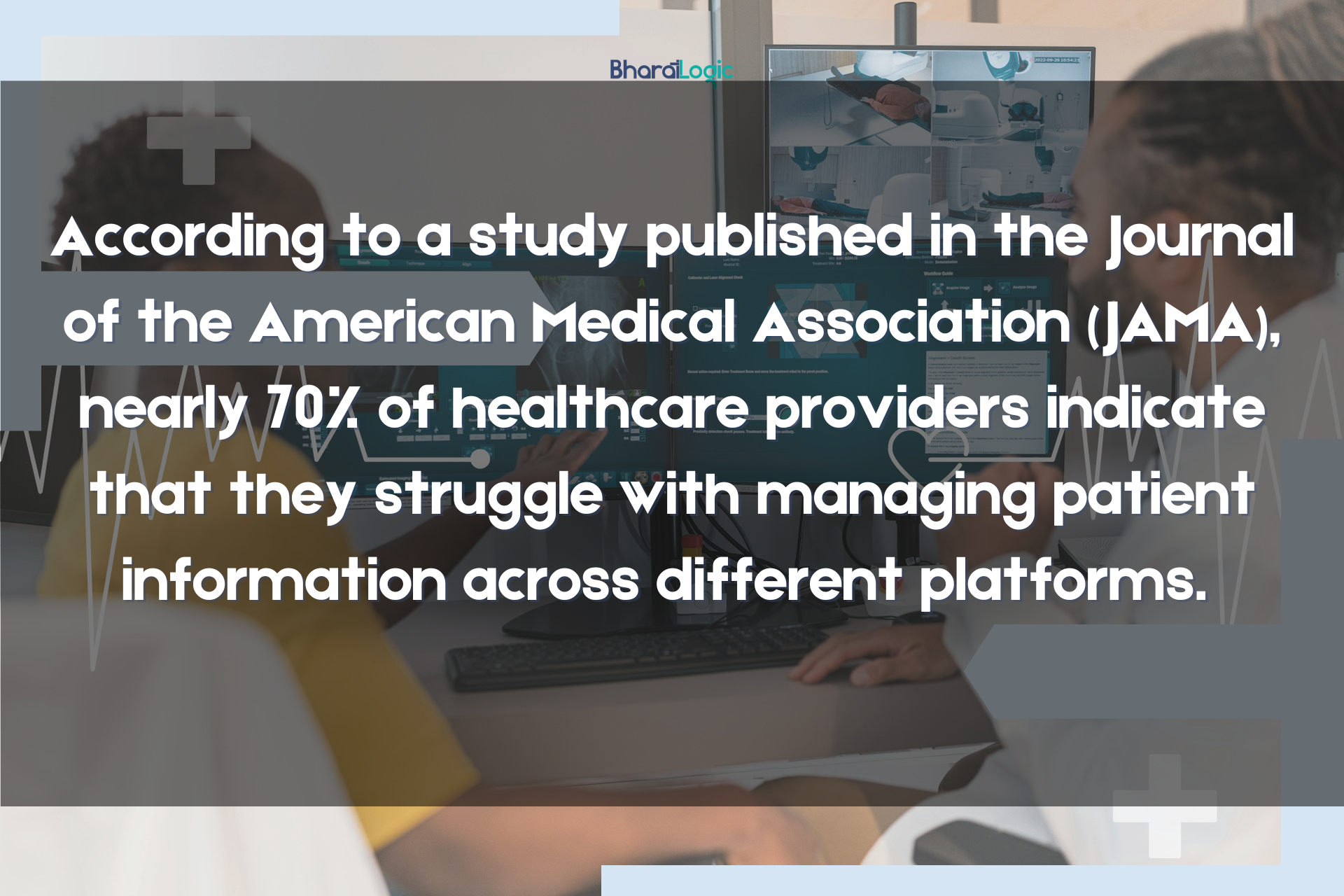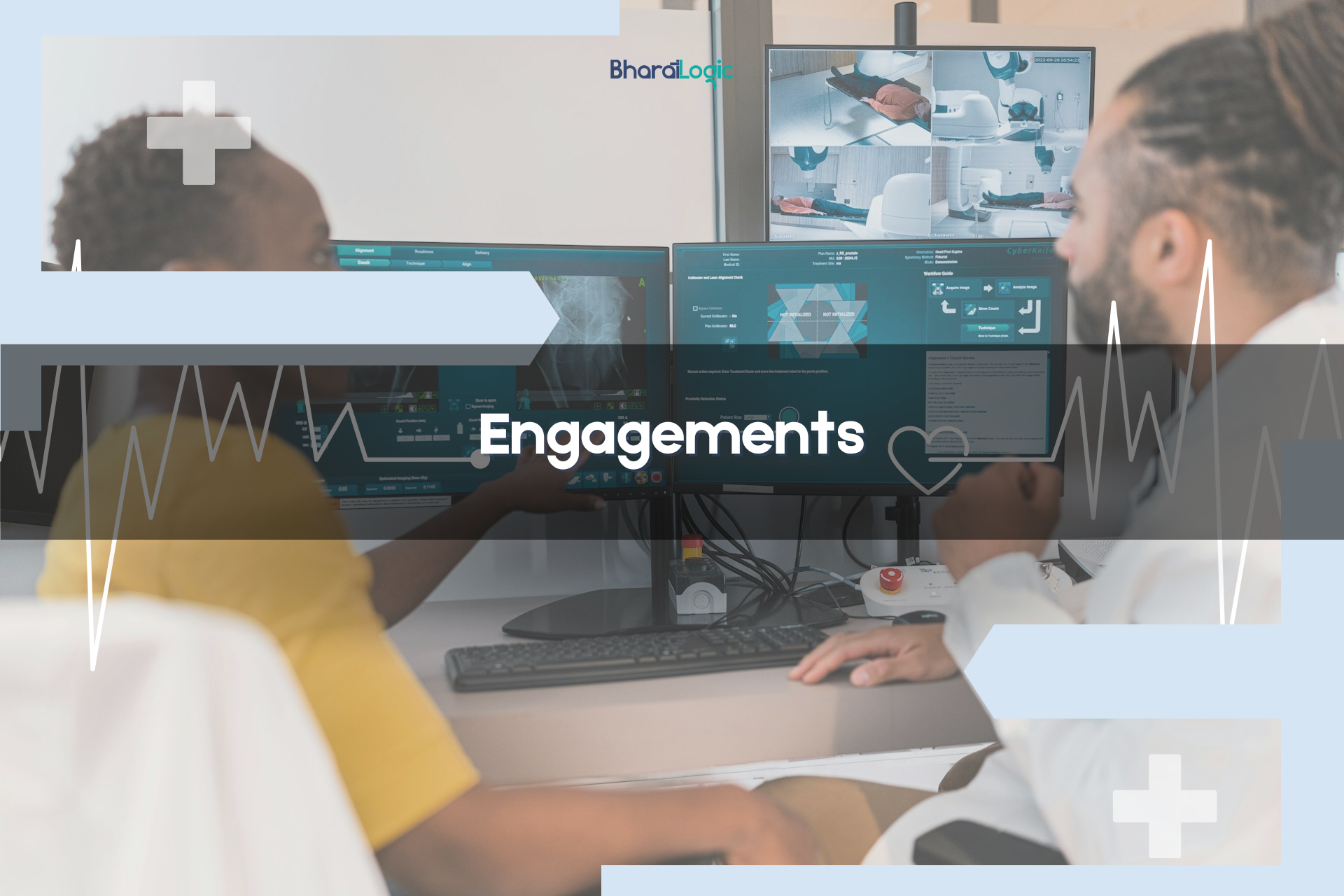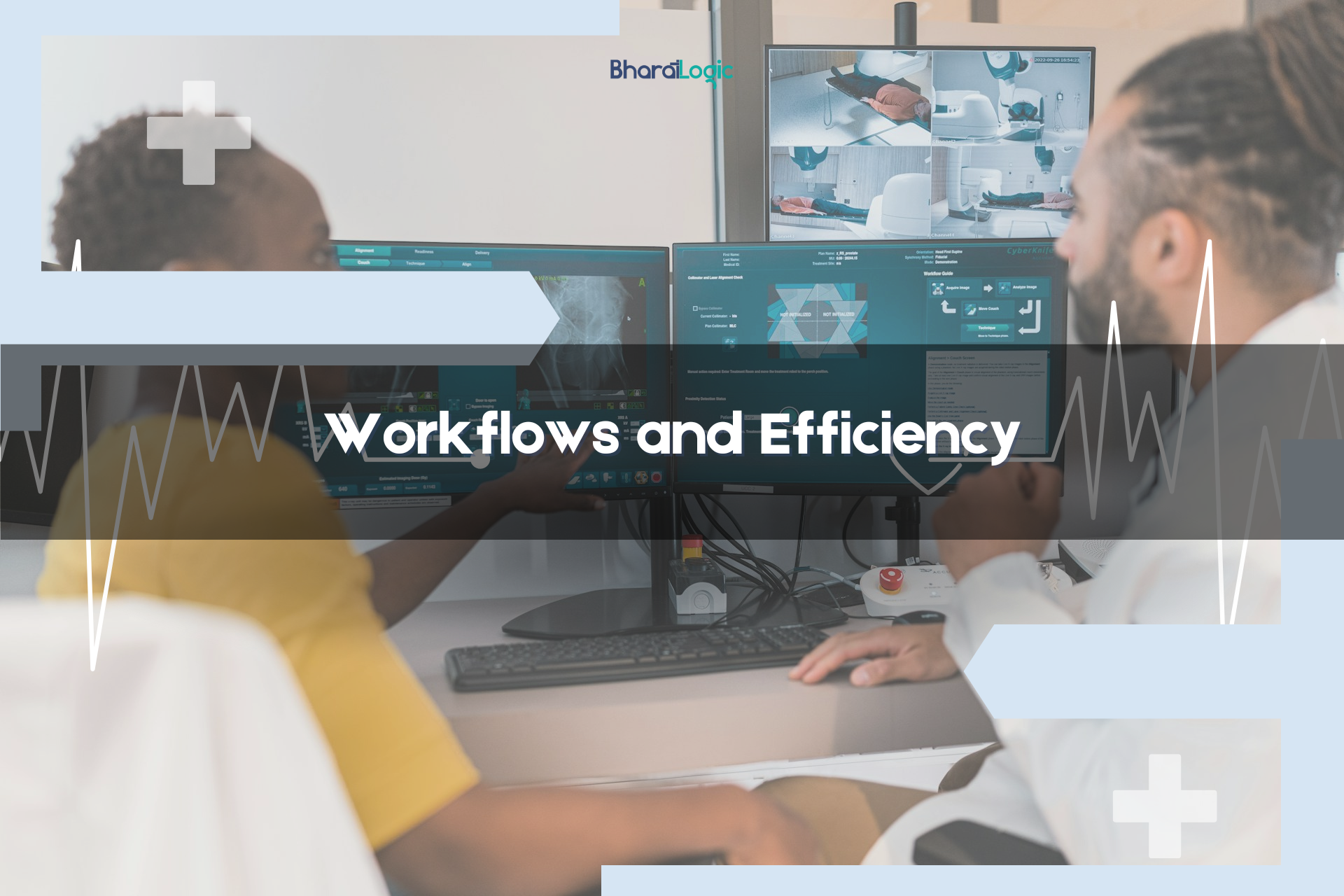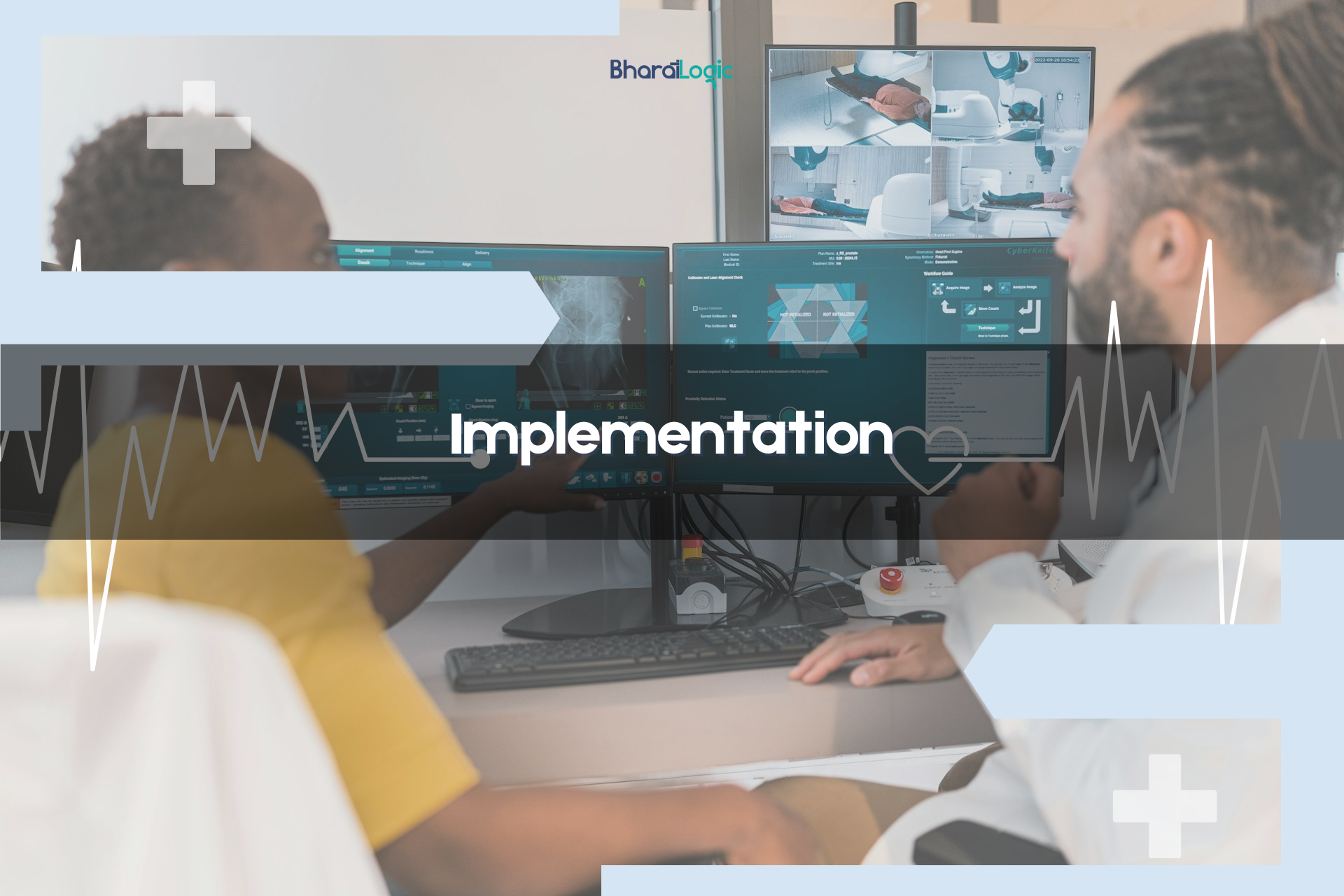A Comprehensive Tool for Managing Patient Treatments and Schedules
In the evolving world of healthcare, the need for efficient patient management software has never been more critical. With the increasing number of patients and the complexity of their treatments, healthcare professionals are facing unprecedented challenges. Fortunately, modern technology is stepping in to bridge this gap. A comprehensive tool designed to empower healthcare professionals by providing a centralized platform for managing patient treatments and schedules offers a transformative solution that benefits not only providers but also patients.
The Need for Centralization
Fragmented Systems and Their Impact
Healthcare systems have historically relied on a multitude of disconnected tools and software, leading to inefficiencies and miscommunication. This fragmentation can result in missed appointments, delayed treatments, and, ultimately, poorer patient outcomes.

This challenge underlines the pressing need for a centralized solution.
The Benefits of a Centralized Approach
Centralizing the management of patient treatments and schedules can alleviate many of these issues. A single platform allows for seamless communication among healthcare teams, facilitating real-time updates and ensuring that everyone is on the same page. Patients benefit from reduced wait times and streamlined appointments, ultimately leading to an enhanced quality of care.
Features of a Comprehensive Tool

Patient Management
One of the essential features of this comprehensive tool is robust patient management capabilities. Healthcare professionals can store and access detailed patient histories, treatment plans, medications, and allergies in one place. With a simple search function, providers can locate critical information swiftly, aiding in clinical decision-making.
Scheduling Made Easy
Managing schedules in a busy healthcare environment can be a logistical nightmare. This tool simplifies appointment scheduling through a user-friendly interface that allows for easy booking, rescheduling, and cancellation of appointments. It can accommodate multiple providers, facility locations, and types of services, thus catering to the varying needs of patients.
Automated Reminders
To reduce no-show rates and enhance patient adherence to treatment plans, the tool provides automated reminders via email or SMS. Patients receive timely notifications for upcoming appointments, medication refills, and follow-up examinations, which can improve overall health outcomes.
Collaborative Care
Healthcare today is increasingly interdisciplinary, requiring collaboration across various specialties. This comprehensive tool promotes collaborative care by allowing different professionals to access and contribute to a patient’s treatment plan. Rather than working in silos, providers can collaborate in real-time, share notes, and adjust treatment protocols as necessary. This approach ultimately leads to a well-rounded, holistic care experience for patients.
Analytics and Reporting
In addition to managing real-time data, the platform offers robust analytics capabilities. By compiling data on patient schedules, treatment outcomes, and provider performance, healthcare organizations can glean valuable insights. For example, they can identify trends such as increased readmission rates for specific treatments or patient demographics needing more attention. These insights guide policy formulation and lead to improved care strategies.
You can read more on here : Data-Driven Healthcare: How Data Analytics is Revolutionizing Healthcare
Enhancing Patient Engagement

Patient Portals
A comprehensive healthcare management tool often includes a patient portal, empowering patients to take an active role in their healthcare journey. Through the portal, patients can access their medical records, schedule appointments, and communicate directly with their healthcare providers. By providing transparency and fostering communication, patient portals encourage active participation in treatment plans, which can lead to better outcomes.
Education and Resources
Patients are often overwhelmed with information, especially regarding complex treatments or chronic conditions. The tool can include educational resources tailored to each patient’s needs, helping them understand their condition and treatment options better. By facilitating informed discussions, patients feel more confident and invested in their care.
Also: Improving Patient Outcomes through Patient-Specific Treatment Plan Tracking
Improving Workflow Efficiency

Reduced Administrative Burden
By automating various administrative tasks, such as billing, documentation, and reporting, the tool significantly reduces the administrative burden on healthcare professionals. This streamlining allows providers more time to focus on patient care, leading to improved job satisfaction and reduced burnout.
Integration with Existing Systems
To ensure seamless implementation, the comprehensive tool can integrate with existing Electronic Health Record (EHR) systems and practice management software. This integration allows for a smoother transition to a centralized platform without the disruption associated with entirely new systems.
Implementation and Training

Tailored Solutions
Every healthcare organization is unique, and their needs may differ. Therefore, the implementation of the comprehensive tool should be tailored to suit the specific requirements of each facility. Organizations can work closely with developers to customize features and workflows that align with their operational processes.
Comprehensive Training
For any new technology implementation to succeed, healthcare professionals must receive adequate training. This tool should come equipped with training modules and ongoing support to ensure that all staff members can utilize its features fully. When healthcare professionals are comfortable with the tool, they can maximize its potential for improved patient management.
Conclusion
In an era where efficiency, collaboration, and patient engagement are paramount, a comprehensive tool that empowers healthcare professionals is not just an option but a necessity. By offering a centralized platform to manage patient treatments and schedules, this tool addresses many of the contemporary challenges in healthcare.
Healthcare providers who adopt such a comprehensive solution will not only streamline their workflows but also enhance their patient interactions, leading to better health outcomes. As technology continues to advance, the vision for a more integrated and patient-centered healthcare landscape becomes increasingly attainable. The adoption of this centralized platform is a crucial step toward a brighter future for healthcare professionals and their patients alike.
Elevate your healthcare delivery with BharatLogic custom solutions! Our skilled team specializes in both native and cross-platform custom software development, committed to bringing your innovative ideas to life. Partner with us for unparalleled success in your next project. Don’t hesitate to contact us today to begin your journey toward healthcare innovation!







